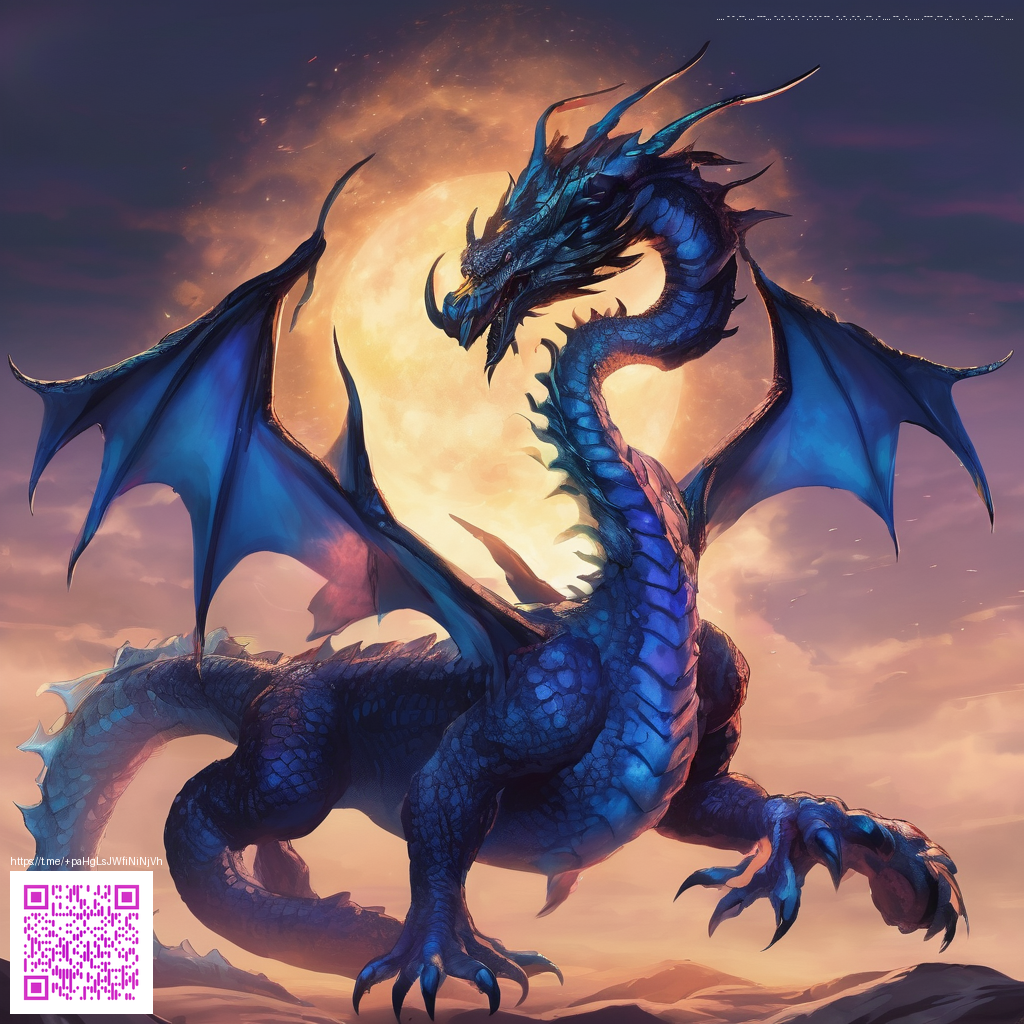
RPG storytelling has evolved far beyond dungeon crawling and treasure hunts. With Suikoden V, a landmark in the genre, developers showed that political narrative could be the backbone of a memorable adventure. Set against a backdrop of dynastic pressure, shifting alliances, and the heavy weight of leadership, the game invites players to weigh policies, forge coalitions, and live with the consequences of governance decisions. It’s a reminder that in a well-crafted world, the fate of nations can hinge on a single decision made in council rather than on a single decisive battle.
Redefining how players engage with power
What makes Suikoden V stand out is how it reframes the protagonist’s role. Instead of chasing a linear path to save the world, players navigate a complex political ecosystem where legitimacy, unity, and crisis management come to the fore. The story is less about “the hero’s journey” and more about “the state’s journey”—how a ruler's choices ripple through villages, noble houses, and military factions. In practice, this translates to dialogues that hinge on diplomacy, budget and resource management, and the delicate art of building consensus across competing interests.
“In Suikoden V, leadership isn’t a title; it’s an ongoing negotiation with reality.”
This approach invites players to consider questions like: What should a ruler invest in first—defense, reform, or social welfare? How do you maintain legitimacy when public opinion is fractured? And what happens when a well-intentioned policy reveals unintended downsides? By anchoring major story beats to governance choices, the game makes political storytelling feel immediate, personal, and morally nuanced rather than abstract and distant.
Mechanics that mirror political realities
The game intertwines its narrative with mechanics that simulate real-world governance. Council discussions, faction diplomacy, and the management of scarce resources echo the trade-offs leaders face in actual governance. Characters serve as representations of different sectors—some push for centralized power, others for regional autonomy—and the player’s allegiances shape the arc of the kingdom. Even the pacing plays a role: windows of opportunity for reform can close quickly, forcing timely, strategic moves rather than patient, heroic cycles.
For readers curious about how design sensibilities translate to material choices, consider how minimal, durable hardware aesthetics can reflect a similar clarity of purpose. A Clear Silicone Phone Case—slim, durable, with an open-port design—embodies a philosophy of clean, purposeful form. If you’re exploring the intersection of design and storytelling, you can explore that product here: https://shopify.digital-vault.xyz/products/clear-silicone-phone-case-slim-durable-open-port-design.
What Suikoden V teaches contemporary RPG writers
- Coalition-building is storytelling fuel. The game rewards players who navigate alliances thoughtfully, not just those who win battles.
- Policy consequences matter. The narrative treats reforms, rivalries, and compromises as real catalysts for change.
- Character-driven policy is powerful. Personalities in positions of power illuminate how leadership shapes social outcomes.
- Open-ended outcomes create replay value. Multiple endings and branching arcs reflect the messy, non-linear nature of political life.
While the game’s world may be fictional, the core lesson translates broadly: political storytelling becomes more enduring when it is earned through choices that feel consequential and and ethically complex. Suikoden V demonstrates that the most compelling battles can be fought with words, time, and the fragile coalitions that hold a realm together.
Lessons for designers and players alike
For designers, the takeaway is clear: embed governance as a playable axis with room for negotiation, dissent, and reform. Let players experience the friction of leadership—where every decision has a cost, and the best path isn’t always the most righteous one. For players, the game asks you to reflect on what you value in leadership: stability, justice, or progress—and to accept that every choice carries trade-offs. The political storytelling in Suikoden V remains instructive because it treats politics as a living, imperfect art rather than a pristine blueprint for victory.
Similar Content
Explore related material:
https://peridot-images.zero-static.xyz/43945820.html